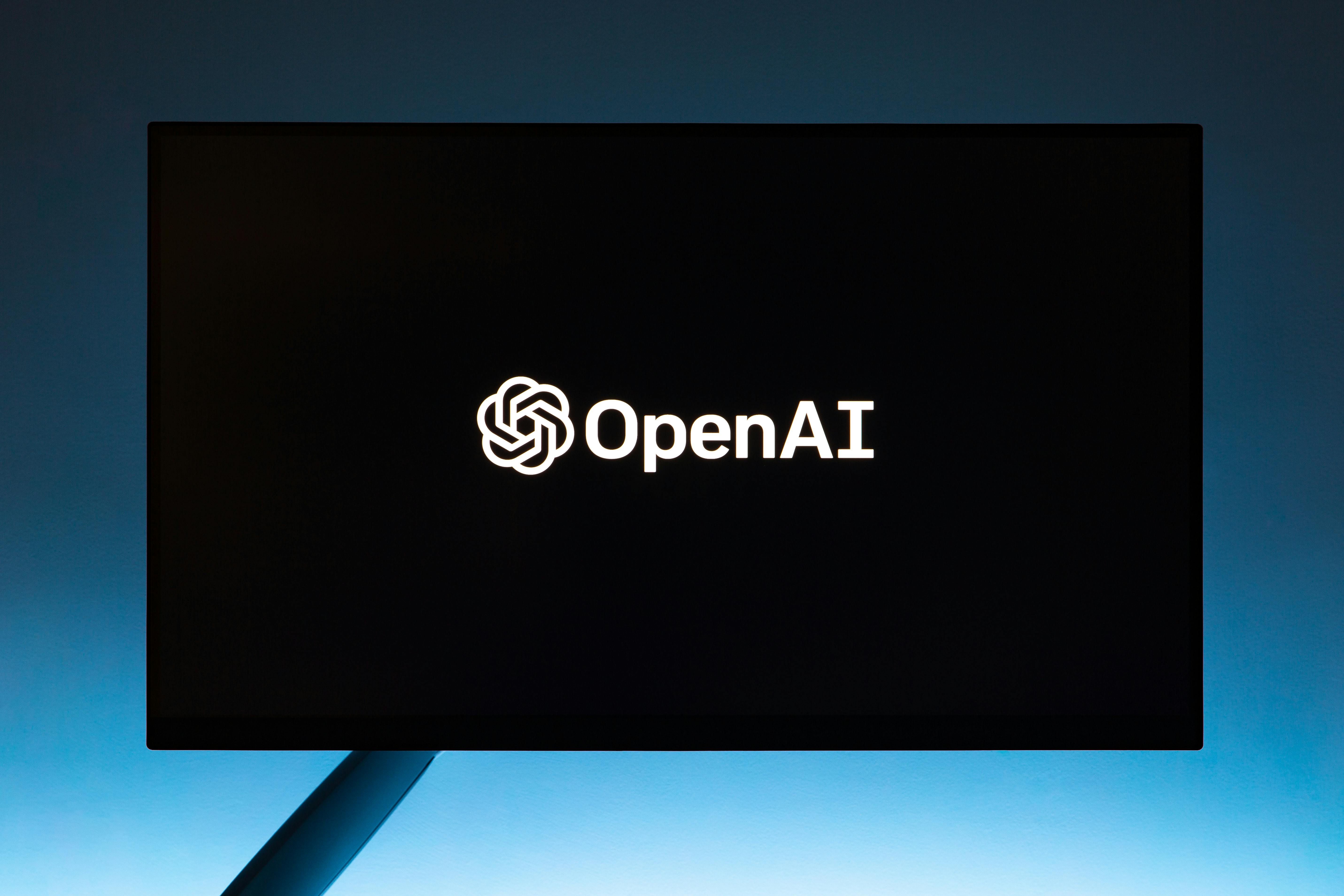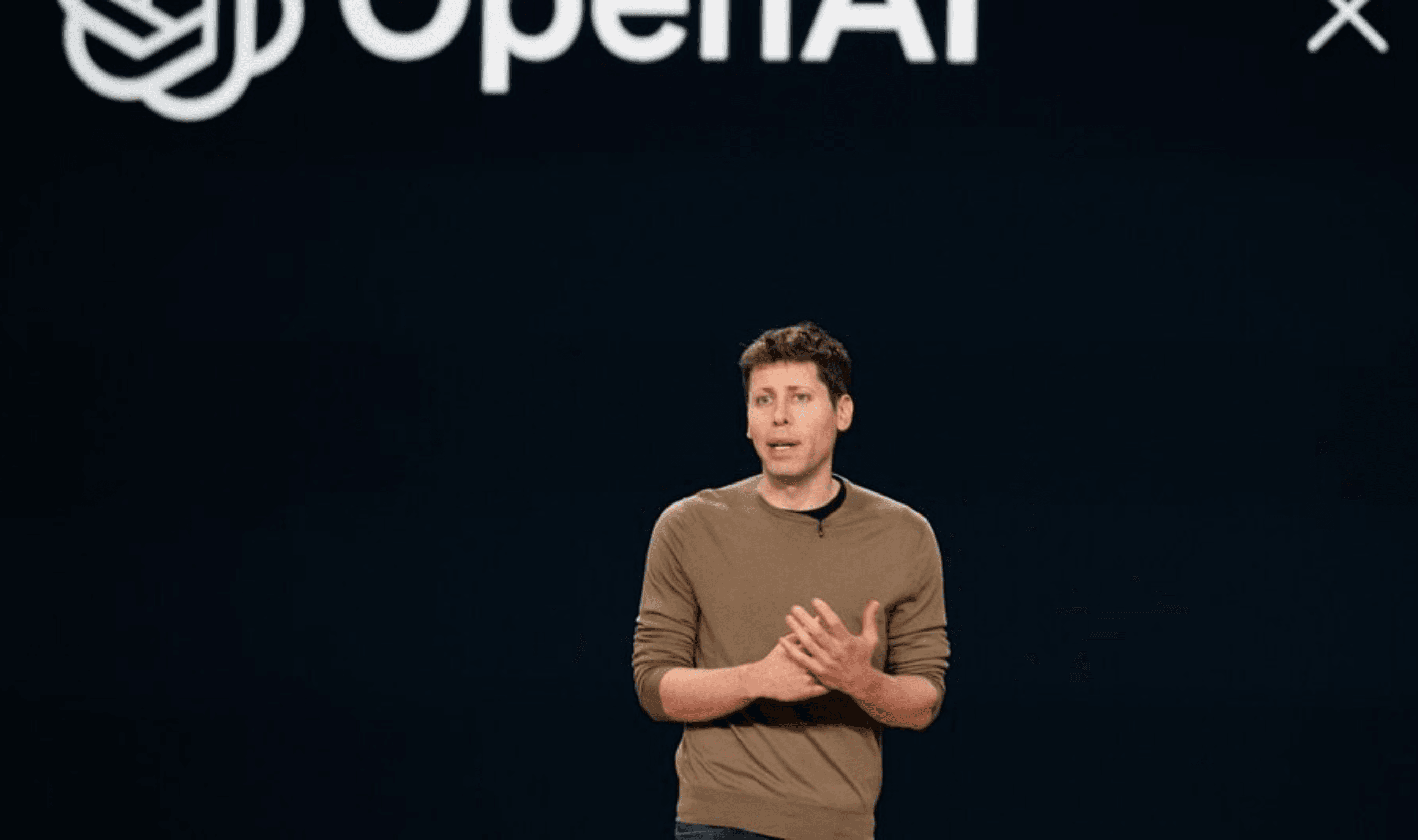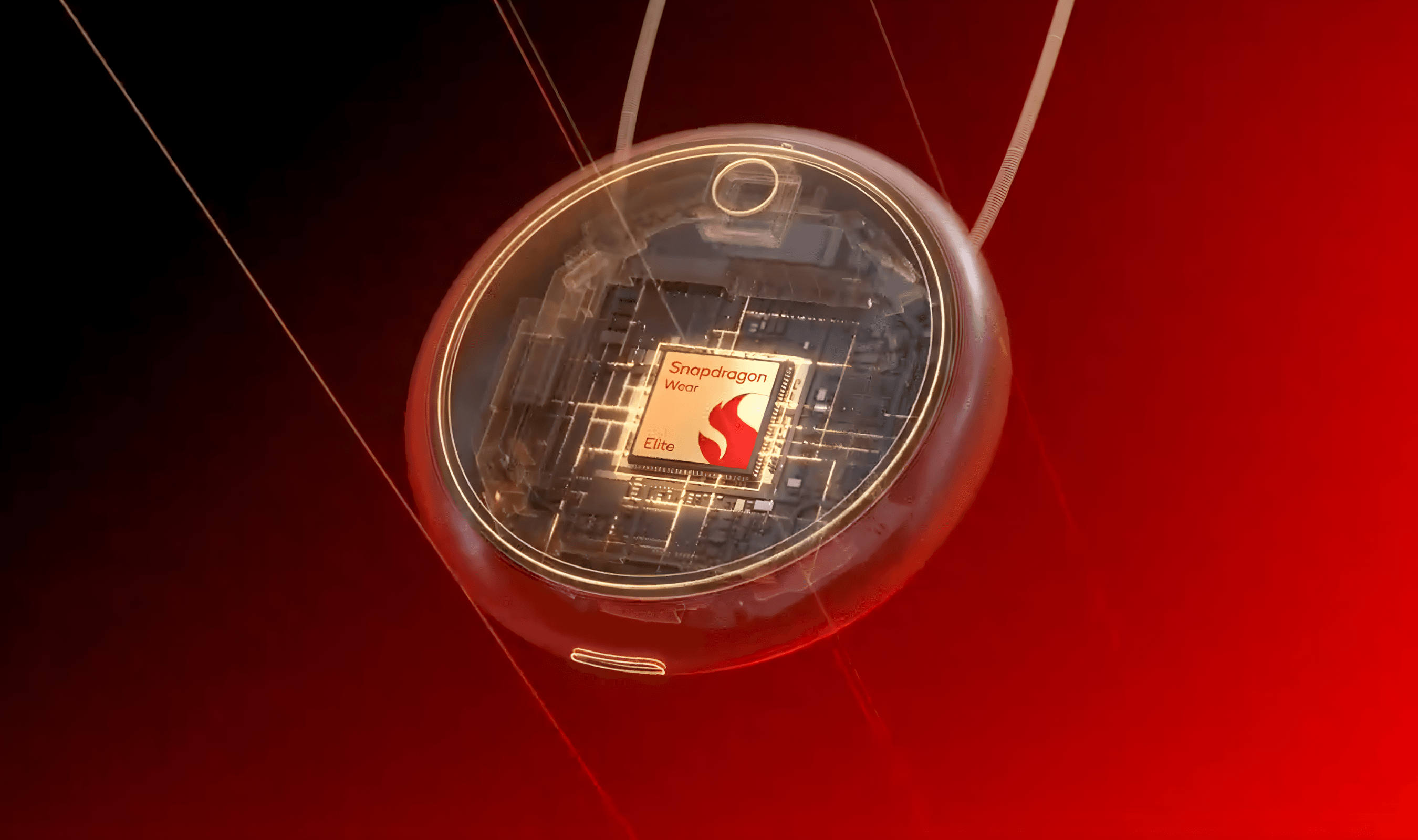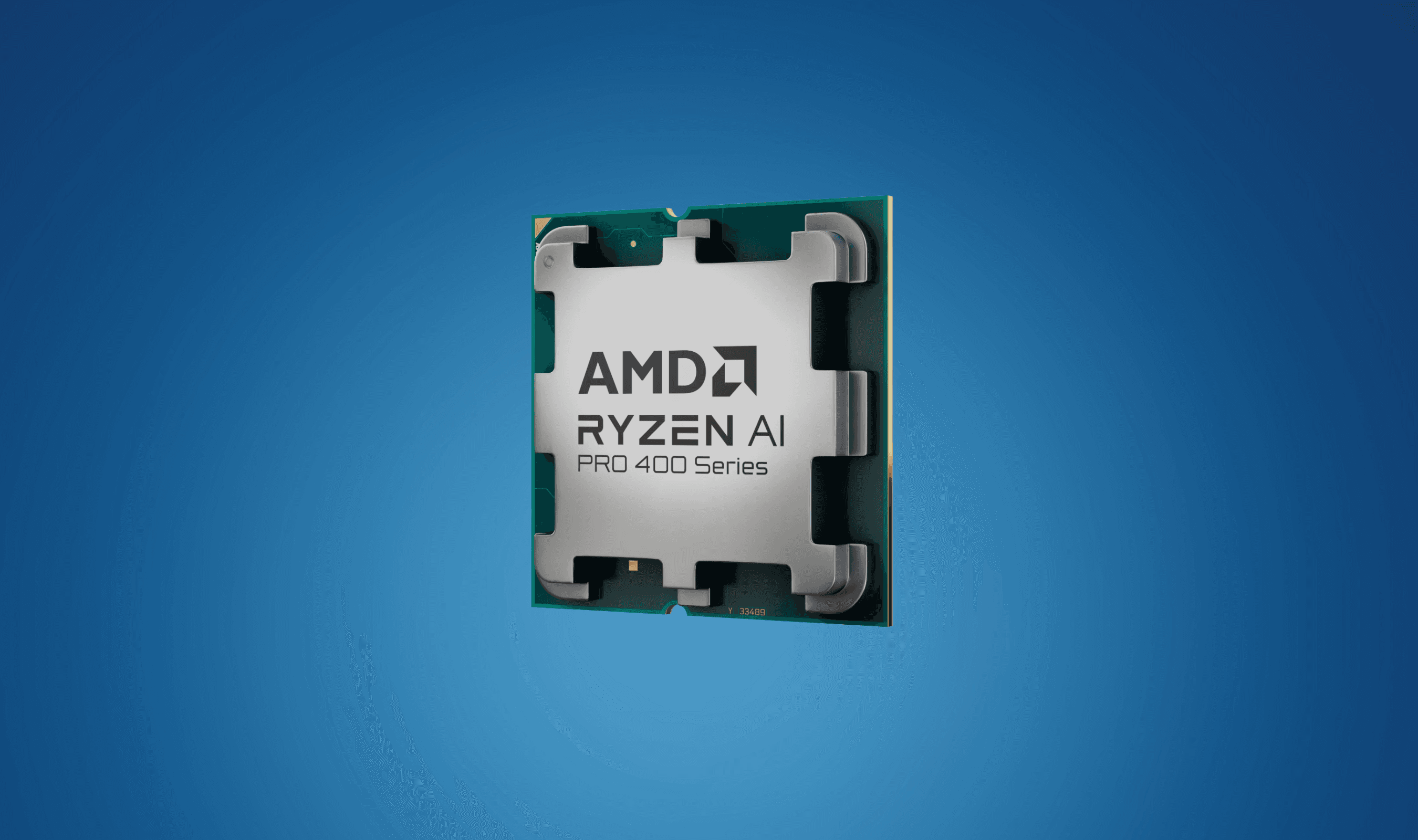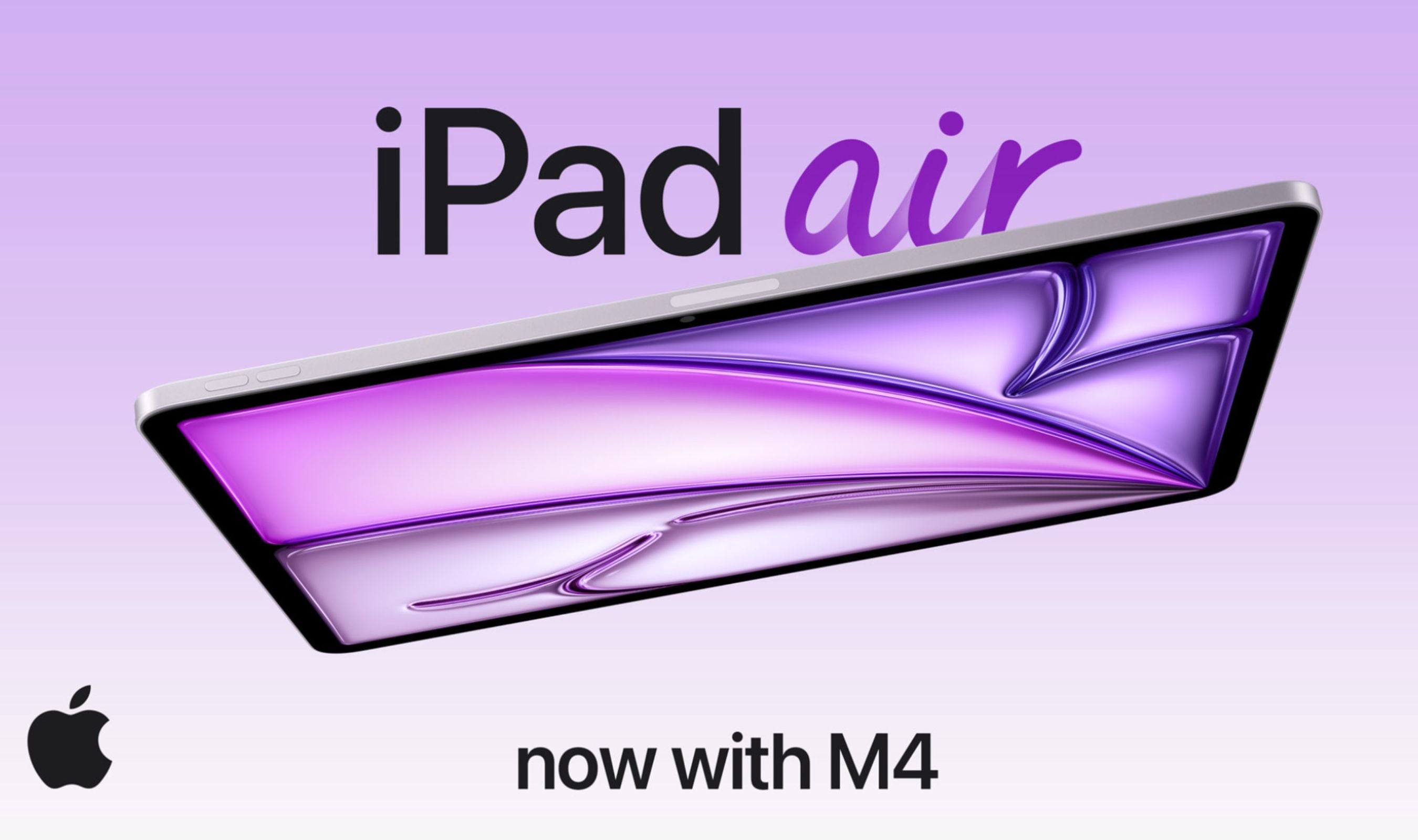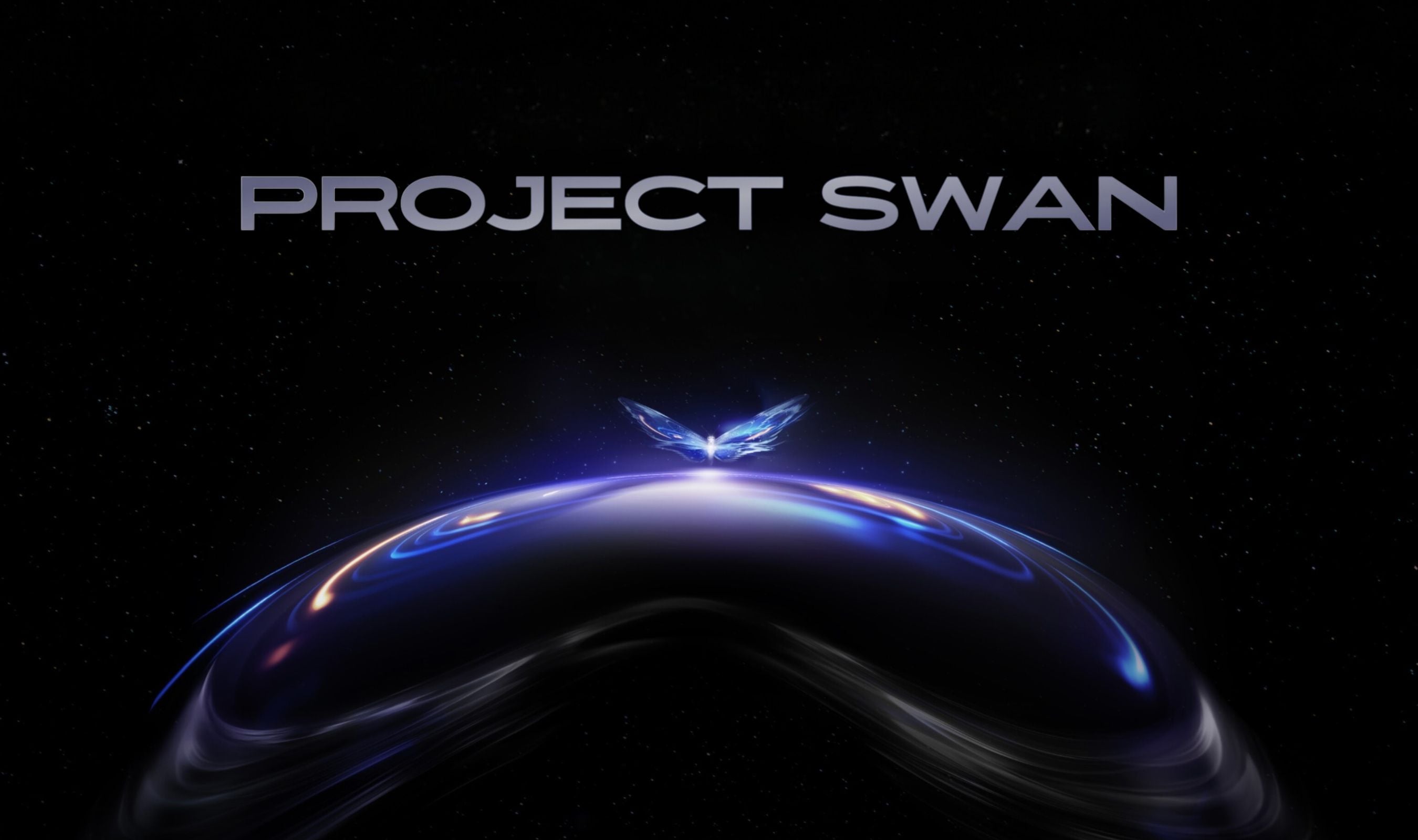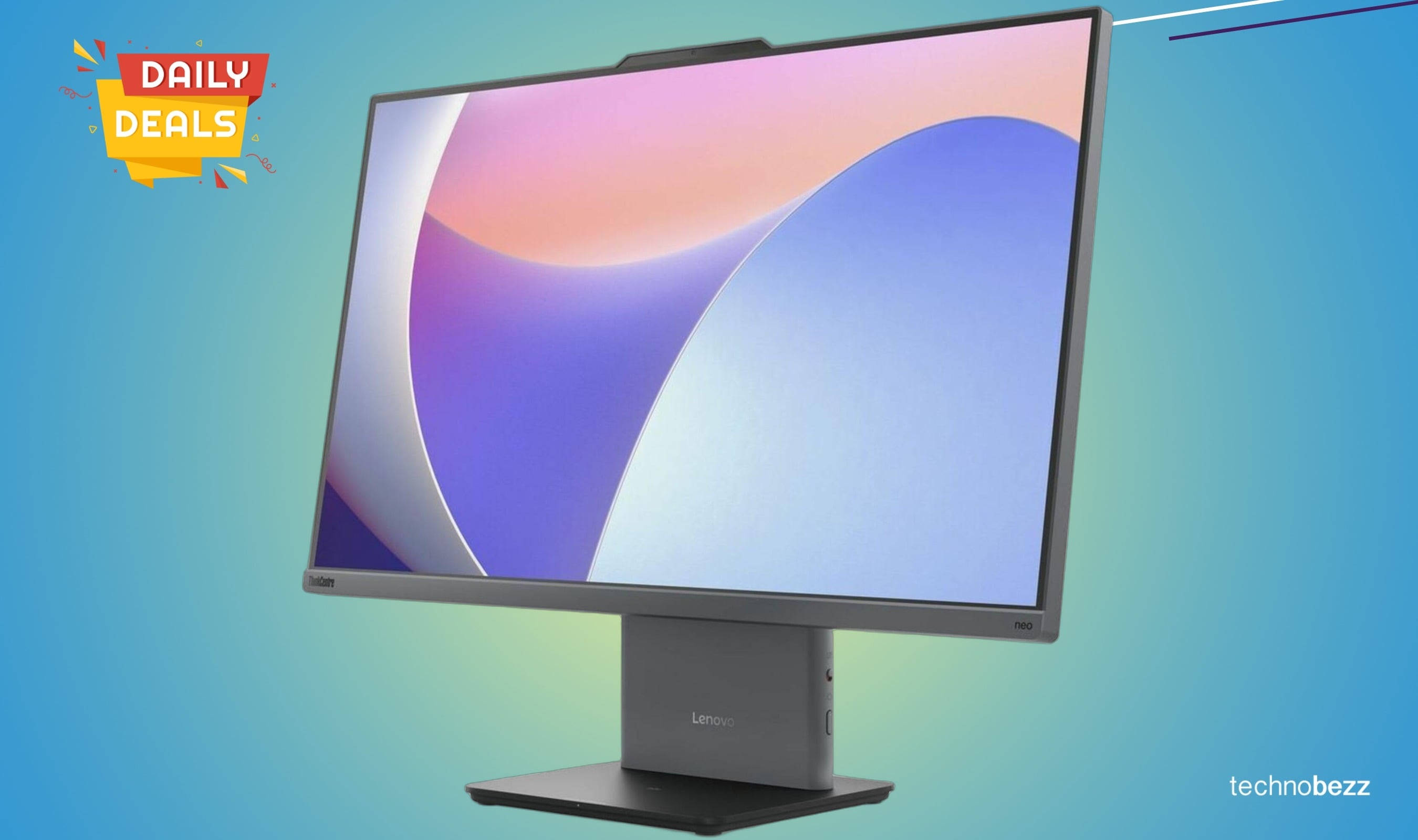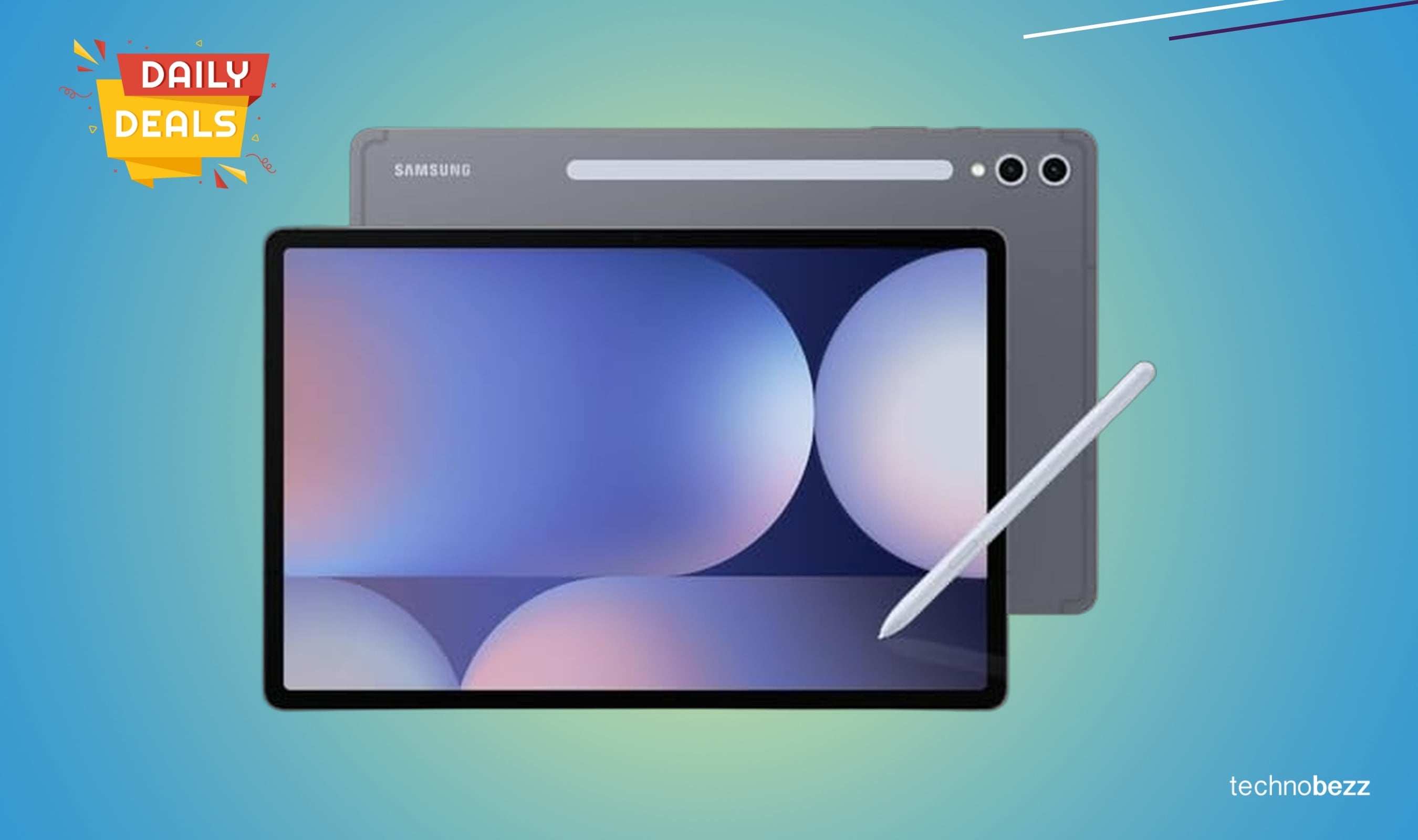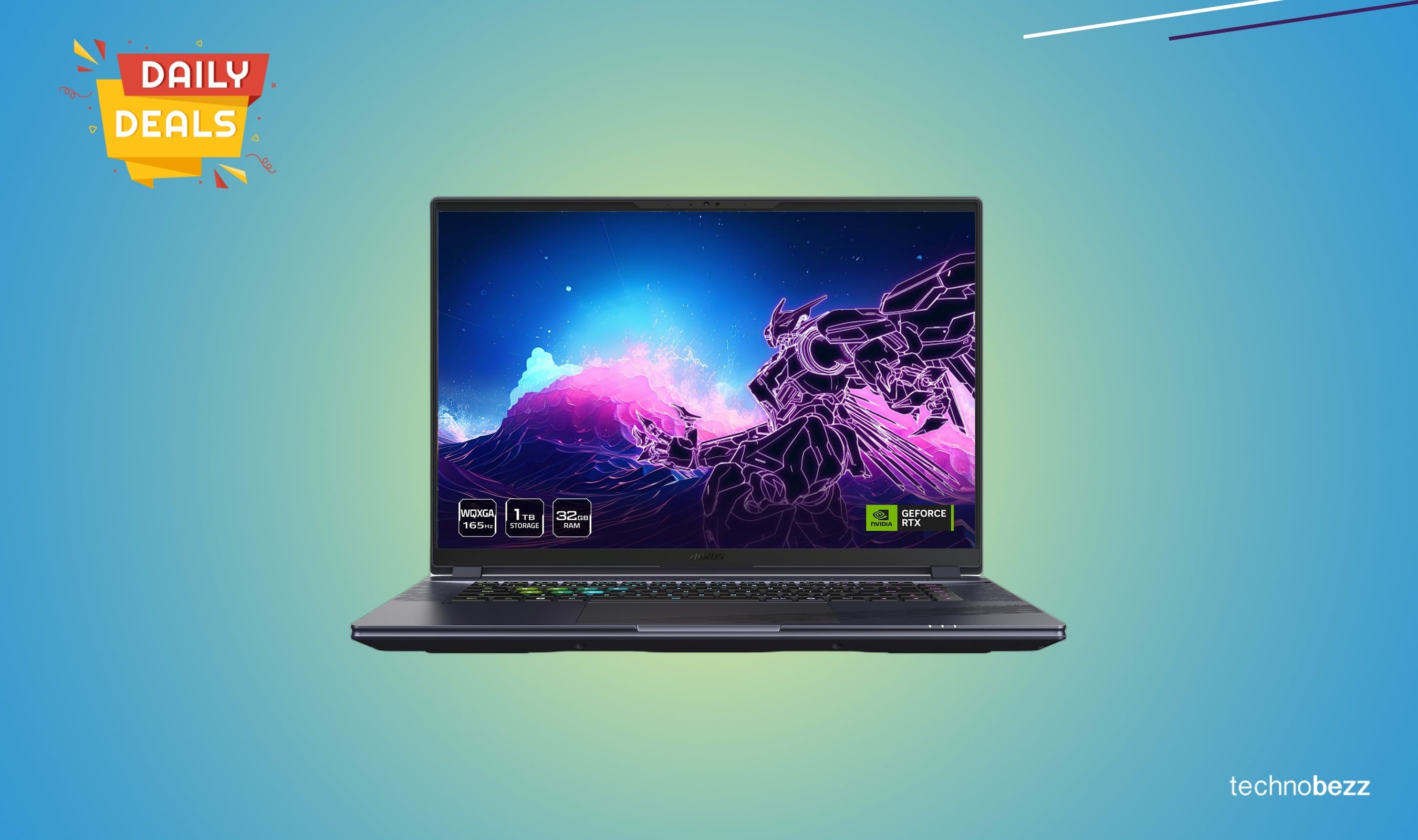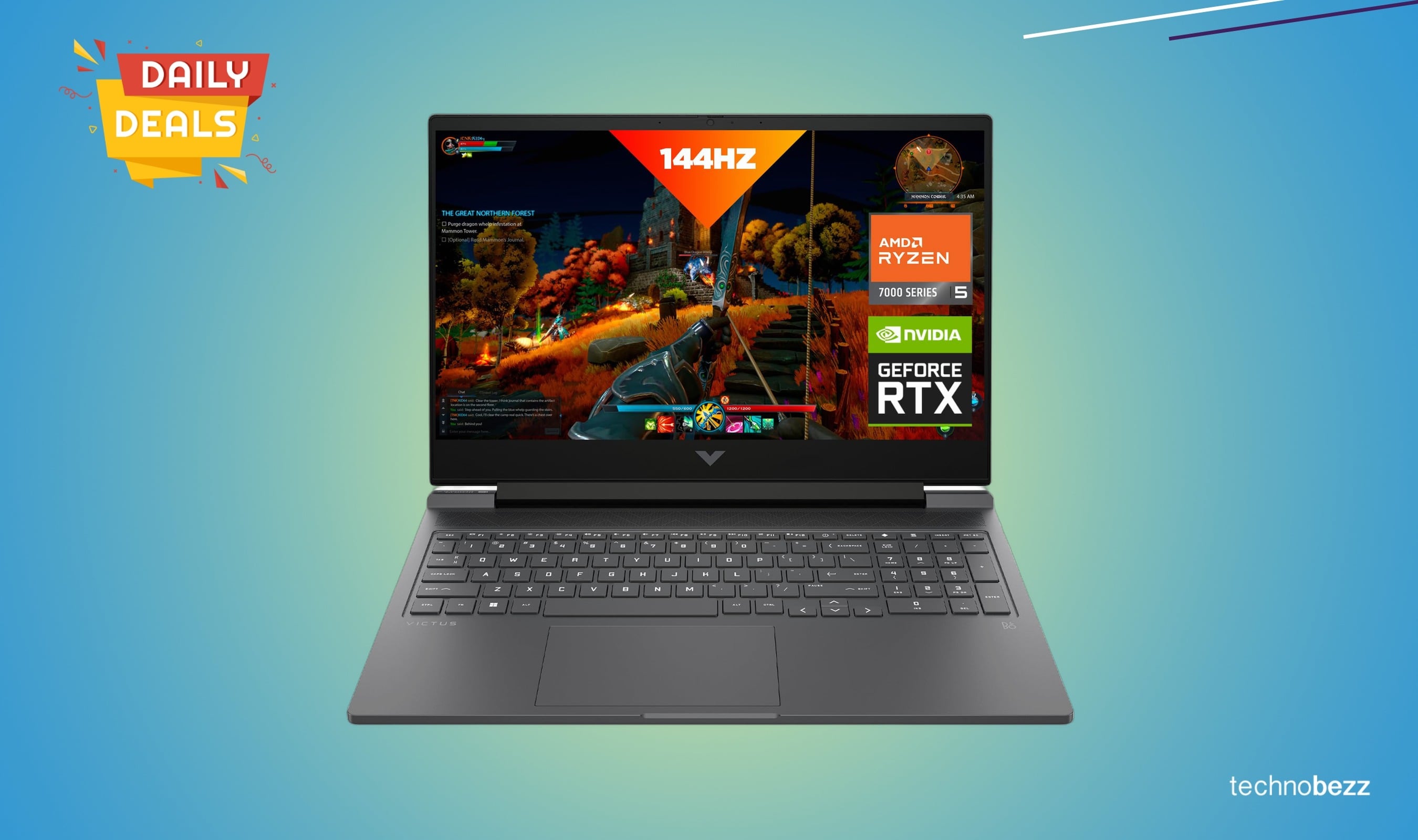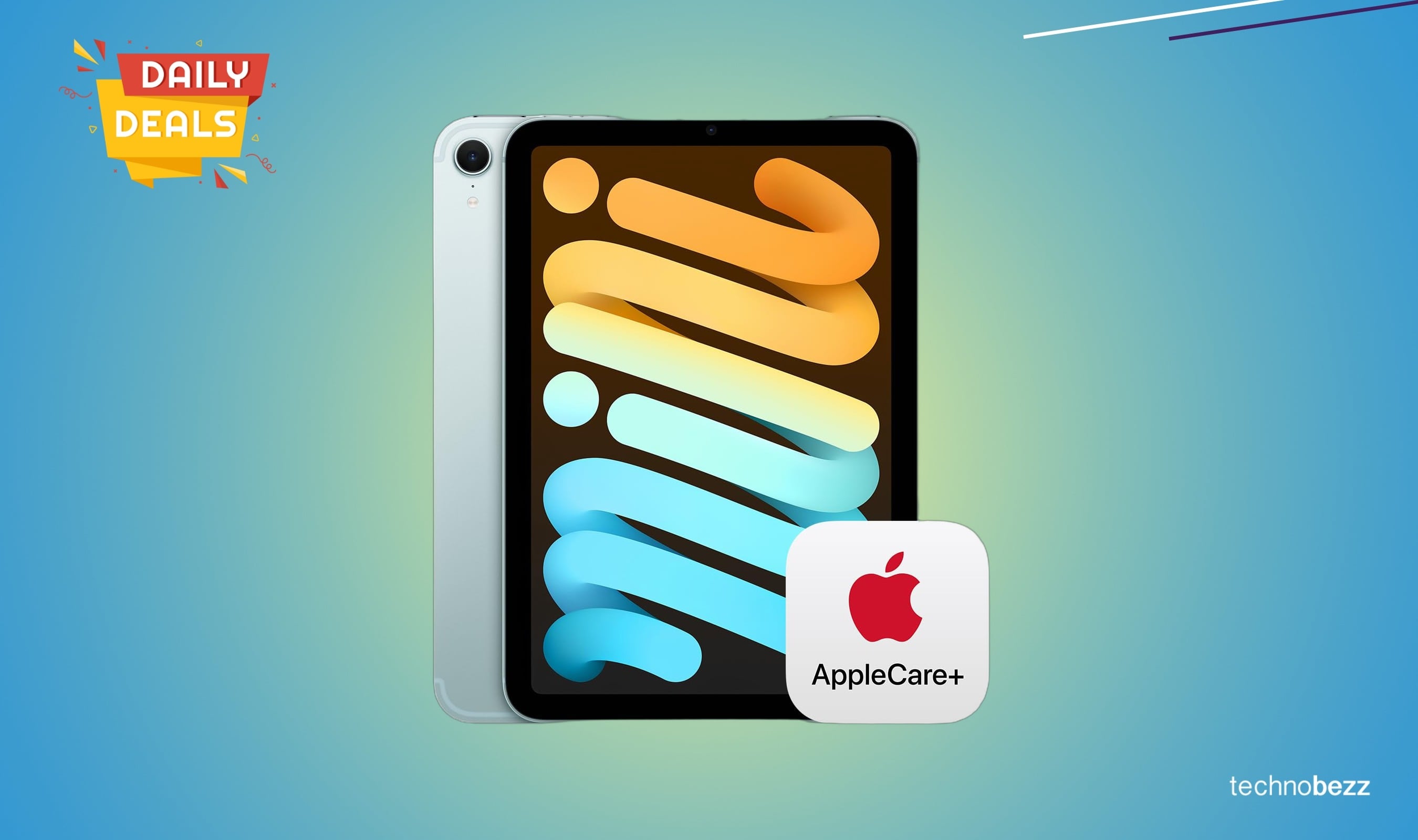OpenAI is making its boldest move yet into desktop computing, announcing Thursday that it has acquired Software Applications Inc., the startup behind Sky - an unreleased AI interface that can see what's on your Mac screen and take action in your apps. The deal brings the entire 12-person team, including the creators of what became Apple's Shortcuts app, into OpenAI's fold.
This acquisition represents OpenAI's clearest push yet into native desktop integration, signaling a strategic shift from chatbots to operating system-level AI assistants. Sky's technology allows users to control their Mac through natural language commands, with the AI understanding screen content and executing tasks across multiple applications, whether you're writing, coding, planning, or managing your day.
"We're building a future where ChatGPT doesn't just respond to your prompts, it helps you get things done," said Nick Turley, OpenAI's Vice President and Head of ChatGPT, in a statement. "Sky's deep integration with the Mac accelerates our vision of bringing AI directly into the tools people use every day."
What makes this acquisition particularly strategic is the timing and the talent involved. The Software Applications team is led by co-founder and CEO Ari Weinstein, who previously co-founded Workflow, the automation tool Apple acquired and transformed into Shortcuts. Weinstein and co-founder Conrad Kramer spent several years at Apple after the acquisition, giving them deep expertise in macOS integration that's now coming to OpenAI.
"We've always wanted computers to be more empowering, customizable, and intuitive,"
Weinstein said in a statement.
"With LLMs, we can finally put the pieces together. That's why we built Sky, an AI experience that floats over your desktop to help you think and create."
The acquisition comes at a crucial moment in the AI desktop race. Apple is still developing its overhauled AI-powered Siri, which was announced in June 2024 but delayed until Spring 2026. Meanwhile, OpenAI just launched ChatGPT Atlas, its first AI-powered browser for Mac, earlier this week. The Sky acquisition extends that same logic to the operating system level, potentially giving ChatGPT capabilities that could rival Apple's own AI ambitions.
Financial terms weren't disclosed, but Software Applications had reportedly raised $6.5 million from investors including OpenAI CEO Sam Altman, Figma CEO Dylan Field, Context Ventures, and Stellation Capital. The deal was led by Turley and OpenAI's CEO of Applications, Fidji Simo, and approved by OpenAI's board.
For Mac users, the implications could be significant. Instead of ChatGPT remaining a standalone app, it might soon become a background assistant that understands context and adapts to your workflow. The technology could transform how people interact with their computers, moving from manual app navigation to natural language commands that span multiple applications.
OpenAI has been on an acquisition spree this year, buying product testing company Statsig for $1.1 billion in September and completing a nearly $6 billion purchase of an AI device startup co-founded by former Apple design chief Jony Ive. The company, valued at $500 billion in a recent $6.6 billion secondary share sale, appears to be building a comprehensive AI ecosystem that spans software, hardware, and now desktop integration.
While it's not yet clear when Sky's technology will appear in ChatGPT, OpenAI typically introduces new features in its Plus and Team plans before wider release. The real test will be how much of Sky's DNA shows up in ChatGPT versus how much gets rebuilt from scratch and whether Apple can catch up with its own AI ambitions before OpenAI establishes a dominant position on the Mac platform.



